About us
Donor Conceived Australia (DCA) aims to be the peak body for donor conceived people in Australia. We are a national, not for profit charitable organisation led by donor-conceived people offering support, information and advocacy on behalf of people conceived via Assisted Reproductive Treatments (ART) - including sperm, egg and embryo donation throughout Australia.
DCA was established to provide benevolent relief to donor conceived persons suffering from emotional and psychological distress; self-identity and mental health illnesses; and structural, societal and legal barriers in accessing information pertaining to their identity.
We do this through our three pillars of support, information and advocacy.
-
We offer online and in-person support networks, including regular national support groups for donor-conceived people to meet and discuss their experiences. DCA also offers referrals for donor-conceived people seeking medical, legal, or other support to professionals with a lived experience of donor conception and experience working in this area.
-
DCA actively works to inform the community about donor conception and the rights of people born of ART. We achieve this through our public-facing website, newsletter, webinars, social media channels, and media outreach team. These channels also provide information to healthcare providers who work with donor-conceived individuals, and people considering conceiving a child using third-party reproduction.
-
We advocate for consistent legislation in the area of donor conception, whether that be through state-based or federal laws. DCA is guided by the United Nations Convention on the Rights of the Child (the CRC) and the Geneva Principles on Donor Conception and Surrogacy which were provided to the UN Committee on the Rights of the Child by donor-conceived people on the 30th anniversary of the CRC. DCA advocates for a regulatory framework in which the rights of the child created are of paramount importance in all policy and practice relating to ART. This includes the right to identifying information about their origins, including donor and sibling linking services, regardless of when or where they were conceived.



